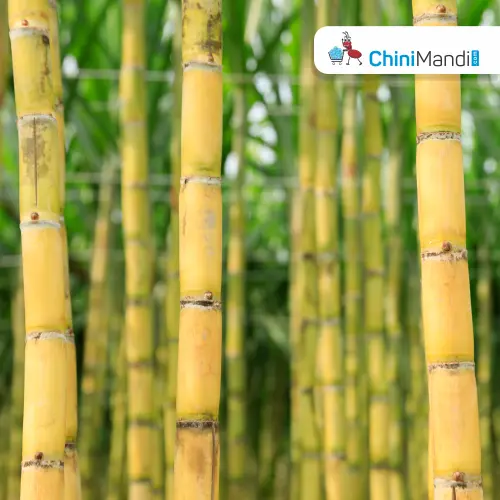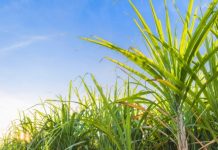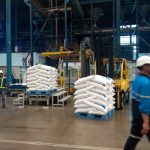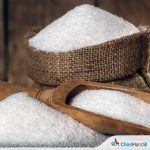Worldwide and in India, the rum market is thriving. The global rum market was worth US$15 billion in 2020 and is predicted to grow to US$21.5 billion by 2025, according to Market Data Forecast. The Indian rum market is also experiencing rapid growth: it was worth US$2 billion in 2021 and is projected to increase to US$3.5 billion by 2031, driven by demand from a younger urban demographic.
The growing market is good news for producers of sugarcane and molasses, the key ingredients the spirit is made from. But as demand grows, there is an increasing need – and an increasing incentive – to address sustainability issues within rum supply chains. These include concerns around labour conditions and health and safety – particularly for workers in mills and plantations facing heat stress – as well as water use, pollution and greenhouse gas emissions.
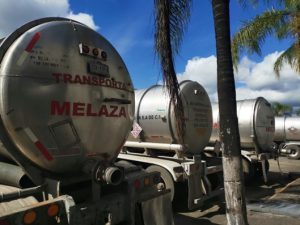
The rum industry is taking action to address these issues. In 2021, for example, the Nordic alcohol monopolies – the government-run companies that buy all the rum sold in Norway, Sweden, Finland, Iceland and the Faroe Islands – signed a joint statement committing to sourcing rum responsibly. With a focus on human rights and labour conditions, it calls on sugar mills to ensure that the plantations they source from have decent conditions and work towards improvement. The Nordic alcohol monopolies have now started including sustainability criteria within their tender processes, such as requiring certification from sustainability standards like Bonsucro.
Similarly, as private companies come under increasing pressure to carry out due diligence and address social and environmental issues within their supply chains, several leading rum brands have made commitments to source their ingredients sustainably. For example, the world’s second largest rum brand, BACARDÍ Rum, has already met its target of sourcing 100% of its sugarcane from certified sustainable suppliers by 2025.
At Bonsucro, the leading global sustainability standard for the sugarcane sector, we have seen a surge in interest from the rum industry over the last few years. In 2021-22, the volume of molasses certified against the Bonsucro Production Standard rose dramatically, almost doubling in a year to reach over 1 million tonnes. That year, there were 46 producers of Bonsucro certified molasses – five times as many as there were just four years previously.
At the other end of the value chain, our members include some of the biggest names in the business, including Bacardi, Diageo (owner of the Captain Morgan’s brand), Mount Gay and Infinity Spirits. A growing number of brands are keen to demonstrate their sustainability credentials by displaying the Bonsucro logo on their bottles.
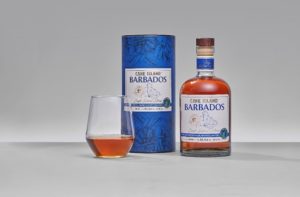
The growing market for premium craft and artisanal rums is also driving interest in the provenance of ingredients and increased demand for traceable single-origin molasses or even pure cane juice, like the award-winning Indian rum Camikara.
“The premium rum category in India is currently untapped and has a lot of potential growing at a rapid speed of 21% compound annual growth rate,” says Siddhartha Sharma, founder of Piccadily Distilleries, which owns the Camikara brand. “There has been a shift towards the production of premium and high-quality rums. Consumers are increasingly willing to explore and invest in premium brands that offer a superior drinking experience.”
As a result, we are seeing producers and end users making efforts to improve production practices. For example, in a project supported by the Bonsucro Impact Fund, Diageo has been working to address heat-related risks in the sugarcane plantations and mills supplying its rum distilleries in Barbados and the Dominican Republic. The company is partnering with La Isla Network, a non-profit organisation that has developed a “rest-shade-hydration-sanitation” protocol proven to significantly reduce heat-related conditions such as chronic kidney disease – a leading cause of death among working-age men in sugar-producing regions.
This protocol and guidance on heat stress risk is included in the latest version of the Bonsucro Production Standard – with benefits for workers’ health, but also for company profits. Pilot projects have demonstrated that following the protocol can reduce hospitalisations from chronic kidney disease by up to 94% and generate a 27% return on investment for the company.
At Bonsucro, we are working with sugarcane growers, mills, molasses producers, and drinks companies to explore how we can further improve the sustainability of this booming sector. This will be one of the subjects on the agenda at our Bonsucro Global Week 2024, which will be held in Cuernavaca, Mexico in May. Our aim is to put the whole value chain on the path to sustainability, from field to bottle.
To find out more about our work, please visit bonsucro.com
Ruth Ascencio, is Head of Central America, Mexico, and the Caribbean, Bonsucro

